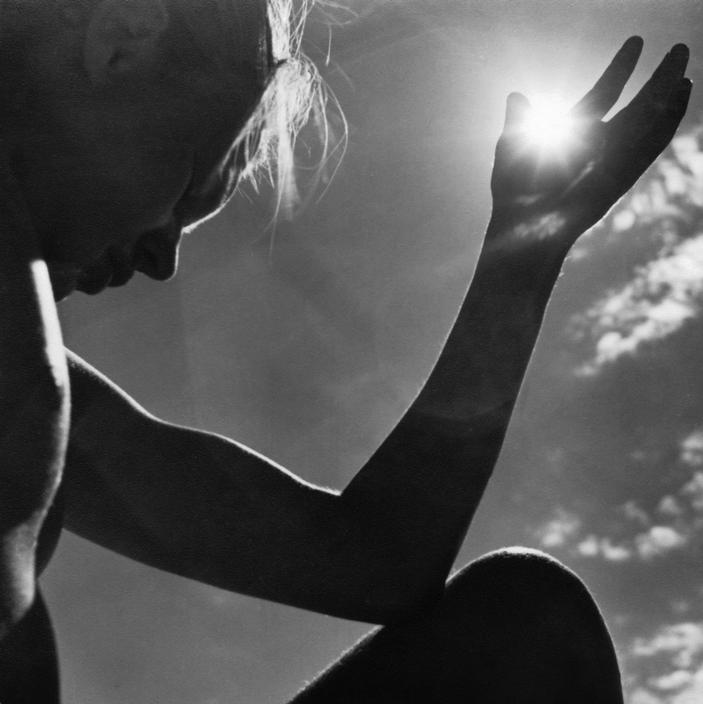I
Hector Berlioz
Lélio
Mario Zeffiri, tenor
André Heyboer, baritone
Nacho Fresneda, actor
II
Hector Berlioz
Symphonie fantastique
Orquestra de la Comunitat Valenciana
Roberto Abbado, conductor
LÉLIO, or the Return to Life
Lélio, or the Return to Life, Op. 14b, is a musical monodrama with text by Hector Berlioz. It is complementary to the Symphonie Fantastique, and was composed in Italy in 1831, using music that had been written previously. It was first performed at the Conservatoire de Paris one year later in 1832.
This melologue takes the listener-spectator on an emotional journey through the private life of Berlioz himself. Given the fact that Symphonie Fantastique uses program music of a composer who tries to commit suicide with an overdose of opium, which leads to him experiencing terrifying visions, Lélio on the other hand describes the awakening of the composer after his unsuccessful suicide attempt. It is a kind of dream, in which the music of Shakespeare, the sadness of life and the absence of love felt for a woman he has lost, all take shape in a succession of recitals, songs and orchestral music -so common in the Romantic era-, with the omnipresent idée fixe (an emotional theme) of the ubiquitous lover that is no longer present in this new life to which Lélio-Berlioz has returned. Evidently upset, only his hope in literature, art and beauty can explain his raison d’être.
As Berlioz himself said:
“One must listen to this work immediately after the Symphonie Fantastique, of which it is both the end and a complement. The orchestra, choir and singers must not be seen in the theatre, and must remain behind the tulle. The actor speaks and acts alone from the forestage. At the end of the final monologue, the actor shall come out and the curtain shall rise to reveal all the performers for the Finale.
Consequently, flooring must be positioned in the area usually occupied by the orchestra.
The role of Lélio requires a good actor, not a singer. On the other hand, a tenor is required to sing the Ballad, another tenor to sing the Song of Happiness and a forceful baritone is required to play the captain of the outlaws“.


